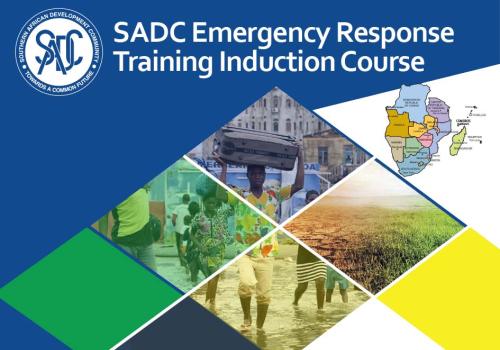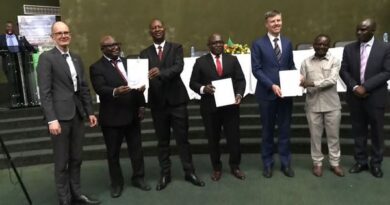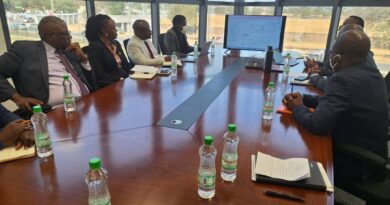SADC Hosts Emergency Response Training in Nyanga, Zimbabwe
The Southern African Development Community (SADC) has launched its second Emergency Response Team (ERT) Induction Course in Nyanga, Republic of Zimbabwe. Running from 24 August to 4 September 2025, the training is hosted in collaboration with the SADC Humanitarian and Emergency Operations Centre (SHOC), the United Nations Office for the Coordination of Humanitarian Affairs (OCHA), the International Federation of Red Cross and Red Crescent Societies (IFRC), and the Government of Zimbabwe.
Funded under the 11th European Development Fund (EDF) Intra-ACP Natural Disaster Risk Reduction Programme, the initiative forms part of the Disaster Risk Management Strengthening in SADC (DRMSS) project. The course brings together selected participants from across SADC Member States to prepare them for deployment on regional emergency response missions.
The programme aims to equip ERT members with the skills and knowledge required to support SADC Member States during sudden-onset emergencies. Participants will be trained in preparedness and response methodologies, enabling them to assist national authorities in disaster-stricken countries by coordinating regional humanitarian efforts. The first ERT cohort underwent training in July 2024 in Maun, Botswana.
The training comes at a crucial time, as the SADC region continues to face recurring hazards such as floods, droughts, and disease outbreaks. Disasters of this nature threaten lives, damage infrastructure, disrupt livelihoods, and erode hard-won development gains. Strengthened regional preparedness is therefore critical to mitigating humanitarian and economic impacts.
Anchored on SADC’s longstanding partnership with OCHA, the course is based on the United Nations Disaster Assessment and Coordination (UNDAC) Mission Cycle, adapted to the regional context. It combines plenary sessions, group work, desktop exercises, and simulation activities designed to mirror the realities of emergency deployment. Participants will also undergo a simulated UNDAC mission under compressed timelines to test their coordination, decision-making, and technical capacities.
By reinforcing regional preparedness and response mechanisms, the training seeks to minimise the impact of disasters while safeguarding development progress and enhancing resilience across the Southern African region.



